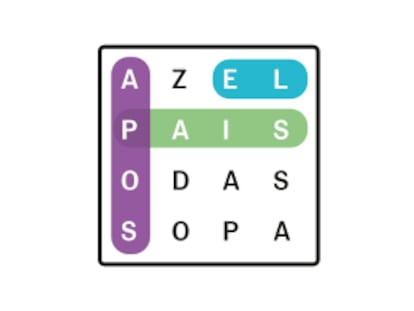Parents of “Test Tube” Babies: Super Moms and Dads?
When a couple chooses to use IVF it is usually because they have tried for a long time to get pregnant without success. IVF and other similar assisted reproduction techniques are highly demanding medical procedures with low success rates per treatment cycle; thus, a couple has to be highly motivated to have a child through such techniques. On the long path to parenthood, infertile couples who have to use assisted reproduction to conceive learn the value of having children to love and appreciate the importance of their role as parents. As a result, these couples may be looked upon as highly resilient and committed parents-to-be; but, is this really true?
With the help and collaboration of colleagues from Coimbra and Minho universities, Portugal, and from Cardiff University, U.K., I set out to answer this question because, as a Clinic Psychologist, I am aware that expectations can influence behavior. In other words, the expectation that couples who conceive with assisted reproduction are “super” moms and dads may lead to the imposition of high parental standards on these parents. Moreover, it may lead to an undervaluation of their parenting difficulties and may result in the provision of insufficient support, which, in turn, may have negative repercussions on their parental performance and their child’s development.
To investigate this question we followed couples who used IVF to conceive and couples who conceived spontaneously through the last trimester of pregnancy and the early postpartum period. In our research we did not, as most previous studies in the field had done, look separately at the mother and father as if they were independent. Instead, we considered the two parents as a couple whose experiences were highly interrelated. Complex, state-of-the-art statistical techniques were used to undertake that part of our analyses. In addition, we were interested in understanding how parents who conceive with IVF relate with their family members and friends both before and after the birth of their child. Our study was the first to undertake such an in-depth investigation of that issue.
Our data showed that, in general, parents of so-called “test tube” babies are just like parents of spontaneously conceived babies, as they both face the same challenges and experience the same difficulties related to the their child, both during pregnancy and after the birth. Despite their usually long and difficult pathway to parenthood, parents of IVF babies do not see themselves as being more committed to their parental role or their child’s wellbeing than the parents who conceive spontaneously. Our results show that the parents’ commitment to parenthood is not dependent on how they achieve birth, rather it depends on other factors that affect all parents, such as whether their marriage is satisfying and whether they have friends and family who support them.
Thus, for all new parents, it is clear that the supportive value of nuclear family members should not be underestimated. Indeed, our results showed that the birth of a child strengthens nuclear family ties, thereby potentially promoting the creation of a social environment that is believed to enhance child development. In other words, in preparing for the birth of a child, all parents, regardless of how they conceive the child, participate in a strong “social nesting” movement, one that draws their nuclear family members toward them. That movement sets the social stage in which their child develops.
In summary, the safety and wellbeing of families are key factors in the assessment of the benefits of assisted reproduction, and our research project adds to the empirical evidence showing that safety and wellbeing are not compromised by undertaking assisted reproduction. Overall, the use of assisted reproduction to conceive is not associated with either worsening or improving a family’s wellbeing. Parents of “test-tube” babies face the same challenges as all other parents; consequently, they need neither more nor less support from their family members and friends than all other parents that embark on the adventure of adding a new family member.







































































